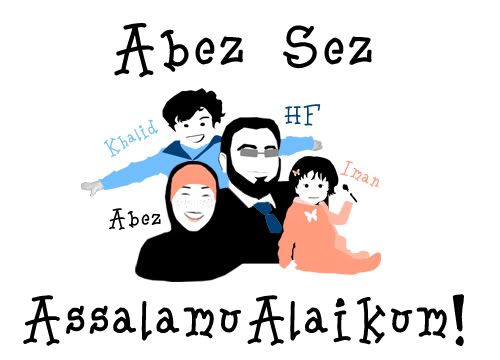3 am, Village Time.
The night watchman (chawkidaar) is walking up and down the same ½ kilometer strip. He has a whistle, which he blows intermittently, without any regularity. He fweets when he pleases. Just now he poked his head into the small shop where four tailors work and sleep, and he fweeted away till they woke up and started cursing him, though not good naturedly. After that he walks down the street, all the way until the main double road, and then walks back up it again. As he goes, stray dogs prance out from behind cars and people’s lawns to follow him at a distance, wagging their tails and nipping at each other playfully. His entourage.
The chawkidaar reaches the end of his beat, the other main street, and turns around to head back the other way. On his way to the end of the block, he makes a detour at the ‘chappar hotel,’ a village eatery composed of an open air stove, a frying pan perched on a barrel and an above-ground tandoor that doubles as a stove. Since it’s almost time for Sahoor, the cook is setting things up, dragging out lawn chairs and the one charpai that at least ten customers can fit on. While he’s setting up he’s also trying to fry parathas, so once he throws one on the tava, he rushes off and does something else, stirs whatever is in the fyring pan, opens a few more chairs, or throws another piece of wood into the barrel before the tava starts to smoke dangerously.
The chawkidaar stands near the tava as the parathas are frying, he talks to the cook as the cook dashes about madly, trying to line his chairs up straight as well as not burn his bread. A few stray dogs get bold enough to come prancing up to the warmth of the barrel, and both the chawkidaar and the cook make sudden throwing motions towards the dogs. This, my dear non-Pakistanis, is called ‘Air Rock.’ It’s what you throw at a stray dog when they’ve come too close or gotten too bold. It doesn’t actually take a rock, because the dogs know well enough what a person looks like when something is about to be thrown, and they take the hint and scamper away.
There is a flash of lightening so bright that it’s blinding, followed by a roll of thunder. There is a brief conversation between the cook and the chawkidaar, in which the cook says something about “Baarish” (rain) and the chawkidaar shakes his head and says “Barsaat” (storm).
In the distance, the dogs suddenly begin barking, all eleven of them who’ve congregated beneath a street light, and both men throw air rocks again. The dogs are too far away to care though, so they go on howling and yipping. The cook gets frustrated and howls back at the dogs. The chawkidaar laughs.
Suddenly the clouds flare and crash again, and it begins to rain. Not light rain, but big, cold drops of cruel winter rain, and panic breaks out in the chapar hotel. The cook yells something, and suddenly, five men rush out of the darkened shop behind him and start moving lawn chairs. Three of them pick the barrel full of fire (and topped with frying parathas) and move it underneath of the cloth awning that counts as the restaurant’s only shelter. There is a bit of swearing and howling on behalf of the men, which the dogs answer.
After one last communal howl, the dogs slink off in a pack towards the group of taxis parked on the roadside and begin fighting for spaces underneath. Only the strongest dogs will stay dry tonight, because there are more dogs than taxis and no two dogs will stand to share the same taxi.
The smallest of them, the scrawny, unhappy dogs with drooping ears and dripping coats, jog dejectedly down the street in search of shelter.
Where do I fit in in all this? I’m the lone figure on the rooftop, laughing in the rain and flannel pajamas.

 Abez Is...
Abez Is... 






0 Comments:
Post a Comment
Home